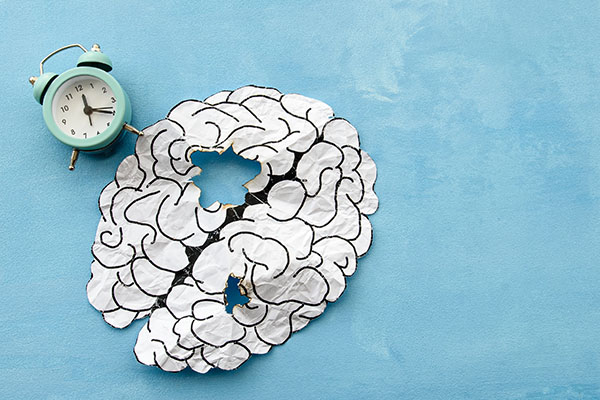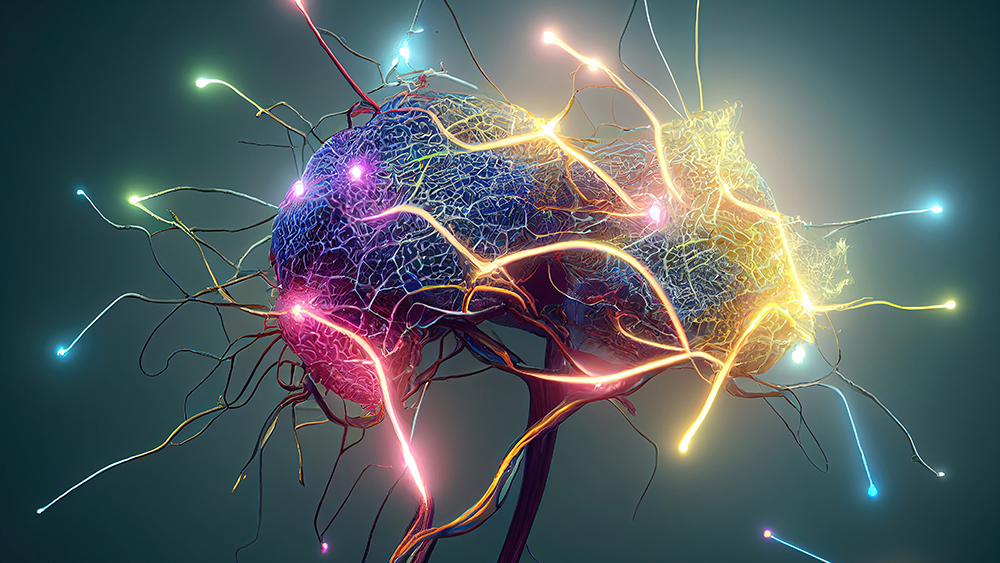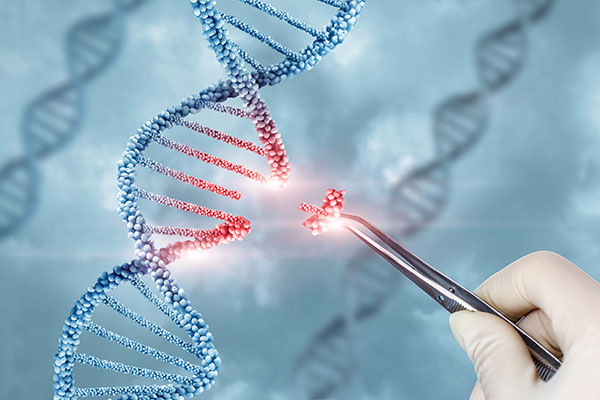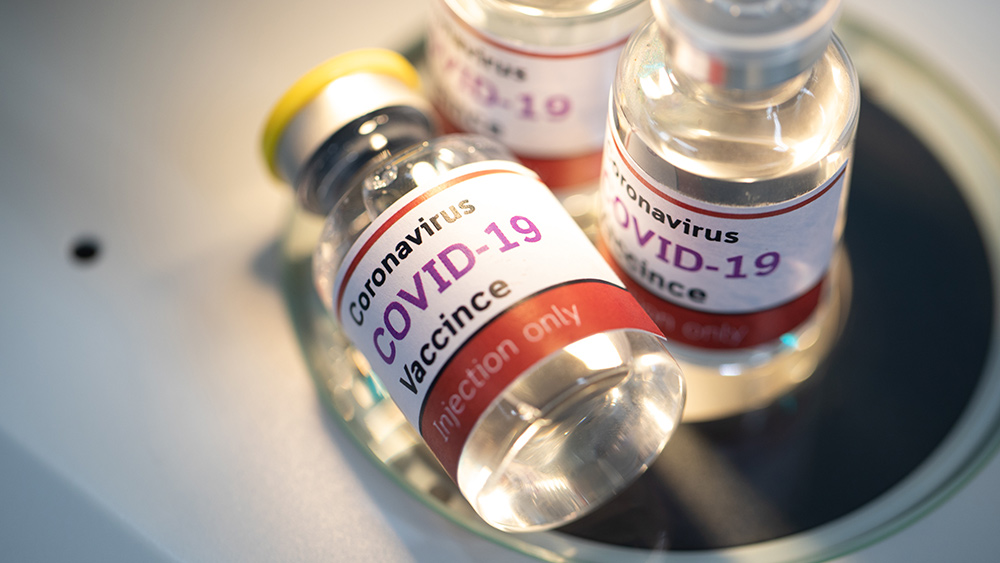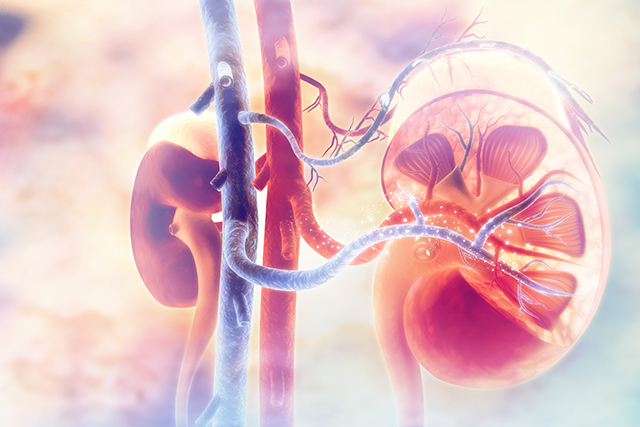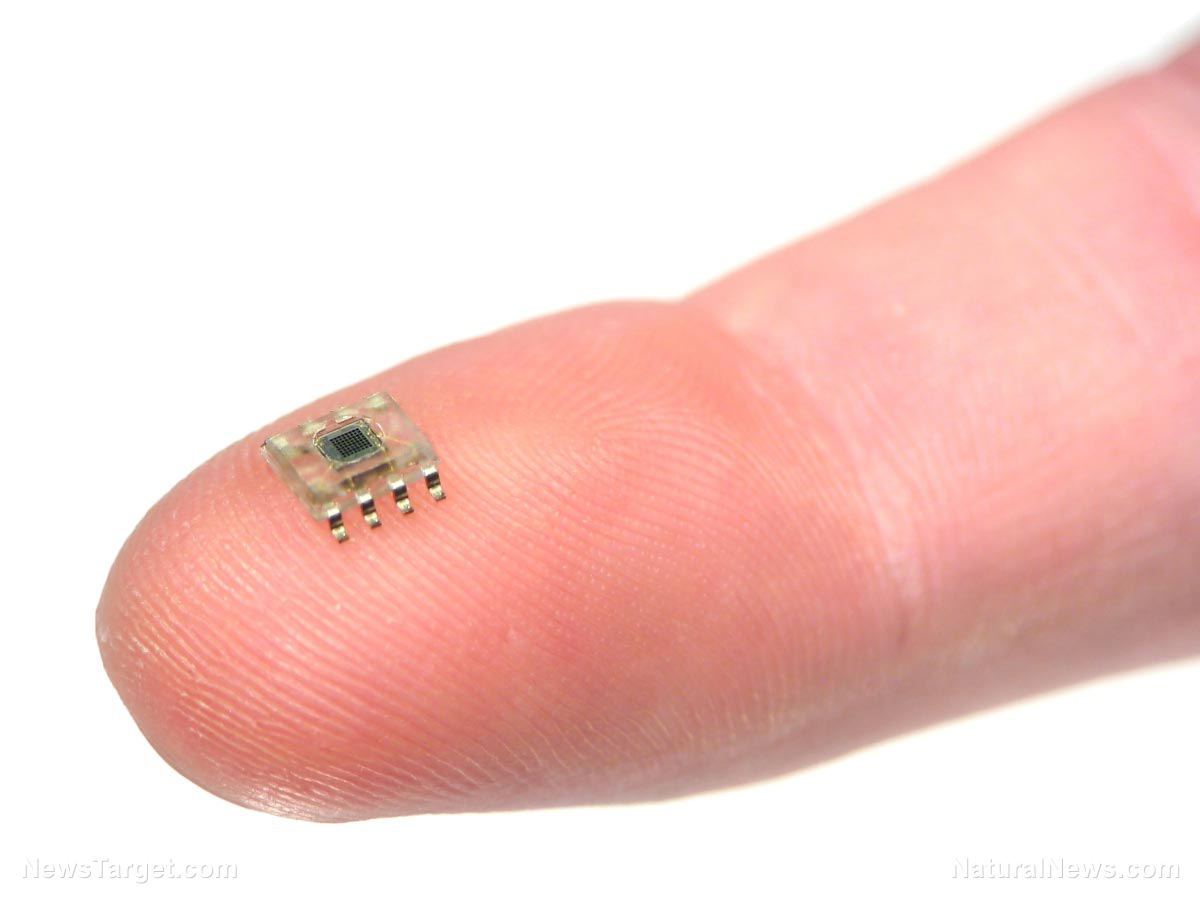Study shows refined carbs NEGATIVELY impact cognitive function
06/08/2023 / By Olivia Cook

A new study has revealed that refined carbohydrates have a negative effect on cognitive function – in essence, they make people dumb.
A group of French researchers looked at this prospect through a study published May 2023 in Personality and Individual Differences. They looked at the relationship between refined carb consumption and cognitive performance in a group of 95 healthy young adults between the ages of 20 and 30. Of the 95 participants, 48 were women and 47 were men.
The study authors found that across both genders, eating food made from refined carbs had a negative impact on cognitive function. They noted that the consumption of foods that often have a high glycemic index (GI) “is associated to [sic] a decrease of [sic] cognitive performance.”
“A massive diet switch has occurred in the [Western] world since the second half of the 20th century, with a dramatic increase in refined carbohydrate consumption generating numerous deleterious health effects,” the researchers wrote. “Industrialized foods were developed, with the introduction of highly processed refined products.”
Carbohydrates are a necessary source of fuel for the brain. They are broken down into glucose that supports overall cognitive function. Not all carbohydrates are the same, however.
Whole carbs are unprocessed and contain the fiber found naturally in food. On the other hand, refined carbs are considered “empty” calories as the refining process strips them of almost all fiber, vitamins and minerals. Examples of refined carbs include breakfast cereals, pasta, pastries, pizza dough, sweet desserts, white bread and many more.
Refined carbs also cause DEPRESSION
Refined carbs not only impact cognitive function, they also affect mental health. An August 2015 study published in the American Journal of Clinical Nutrition (AJCN) expounded on this.
Dr. James Gangwisch of Columbia University Medical Center‘s (CUMC) Department of Psychiatry and his team scrutinized the data of more than 70,000 post-menopausal women from the Women’s Health Initiative Observational Study. The study was conducted by the National Institutes of Health between 1994 and 1998.
Depression rates, the type of carbohydrates consumed and the GI of the foods participants consumers were among the data Gangwisch and his colleagues looked at. They noted in the study that eating carbohydrates increases blood sugar levels to varying degrees depending on the type of food ingested. The more highly refined the carbohydrate, the higher its score on the GI scale – which ranges from zero to 100.
The GI scale measures the amount of sugar found in the blood after eating. Given this, the researchers found that progressively higher dietary GI scores – arising from consumption of added sugars and refined grains – were associated with an increased risk of new-onset depression in post-menopausal women.
According to the August 2015 study, refined foods such as white bread, white rice and soda trigger a hormonal response in the body to reduce blood sugar levels. This response may also cause or exacerbate mood changes, fatigue and other symptoms of depression.
Moreover, a July 2016 study that used animal models expounded on the effects of refined carbs. The researchers from the Federal University of Minas Gerais in Brazil fed two groups of mice with a standard diet and one with high amounts of refined carbs. They then subjected both groups to three kinds of stress tests.
“Our results suggest that a moderate obesity, induced by high refined carbohydrate diet, may facilitate the development of anxiety and depressive-like behaviors after the stress,” the researchers concluded.
Visit JunkFood.news for more stories about the negative effects of refined carbs.
Watch this video about the link between refined carbs and the epidemic of vitamin B1 deficiency.
This video is from the EnergyMe333 channel on Brighteon.com.
More related stories:
Simple strategies for lifelong brain health.
Strachy, processed carbohydrate diet linked with colon cancer recurrence.
Do refined carbs pack on the pounds and create addiction? Brain imaging study says yes.
Sources include:
Submit a correction >>
Tagged Under:
anxiety, brain function, brain health, clean food watch, cognitive function, depression, fast food, food science, frankenfood, grocery, health science, ingredients, mental health, nutrients, refined carbs, research, stop eating poison
This article may contain statements that reflect the opinion of the author
RECENT NEWS & ARTICLES
HealthScience.News is a fact-based public education website published by Health Science News Features, LLC.
All content copyright © 2018 by Health Science News Features, LLC.
Contact Us with Tips or Corrections
All trademarks, registered trademarks and servicemarks mentioned on this site are the property of their respective owners.






